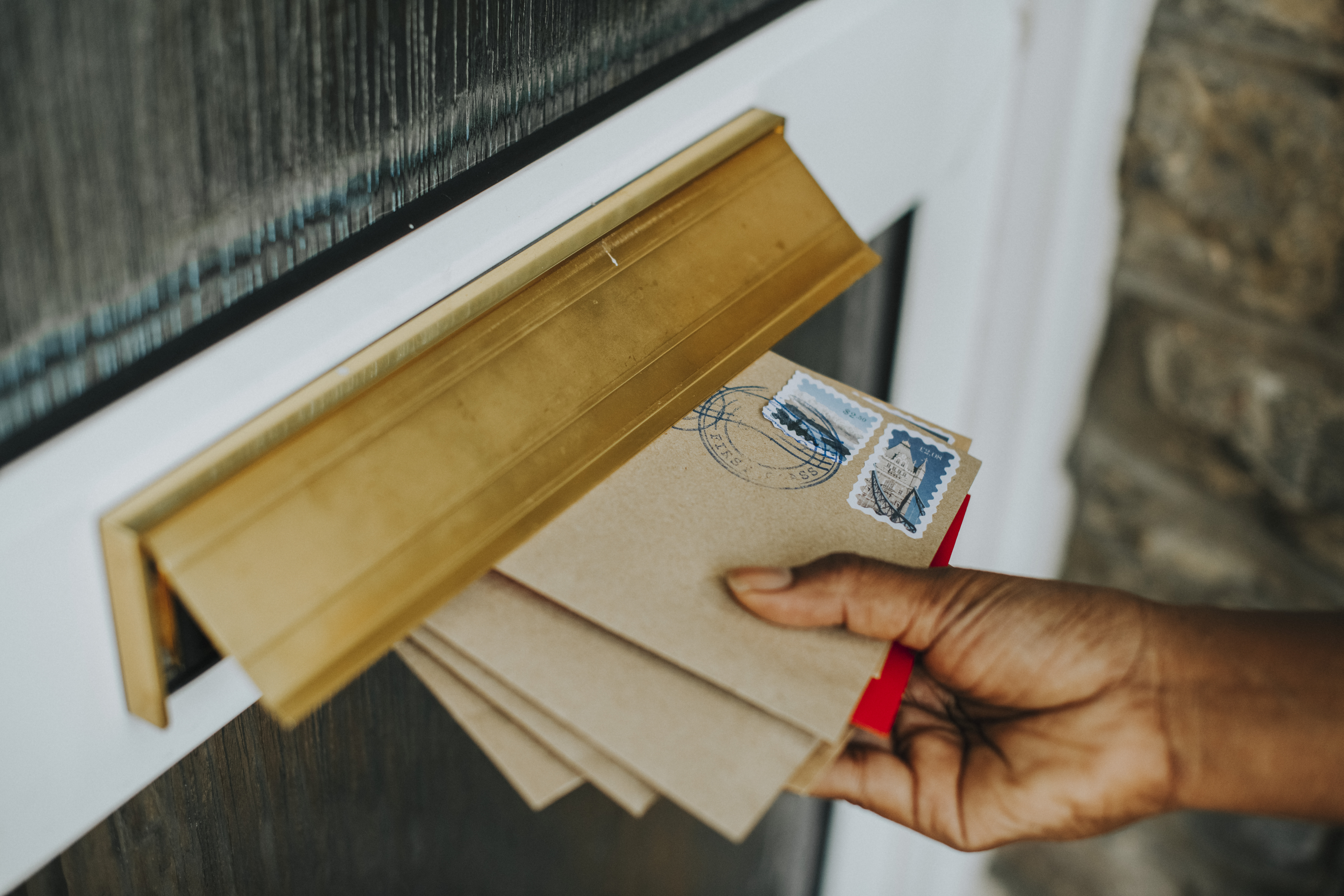Why Loyalty Must Go Both Ways With Your Best Customers
15 Nov 2018

By Dan Gingiss (@dgingiss) - VP of Marketing, Persado
Customers often talk about being loyal to a certain brand. This loyalty can stem from previous positive experiences or simply a desire to be associated with a popular brand. In either case, the expectation is that the brand is loyal back when it really counts.
Small touches like recognizing an anniversary (“Thank you for being a cardmember since 2007”) are nice, but recognizing when something in the customer experience has changed – and why – is critical to retaining even the longest-tenured customers. Too often, companies take their best customers for granted and only realize something is wrong when it’s too late.
A friend of mine recently shared his experience with a Premier League football team. Nowhere is brand loyalty stronger than in sports, and my friend, Steve*, was as loyal a fan as they come. In fact, he had been a season ticket holder for more than three decades.
And then, the relationship ended. Why? One of the major causes was a lack of loyalty from the team.
Three months ago, Steve received an email from a team employee:
“I hope all is well and you are enjoying the start of your summer! I wanted to touch base in regards to your Season Ticket plans for next years as our renewal deadline has passed.
Please let me know if there is anything I can assist you with or if you have any questions or concerns.
Thank you!
Stephanie*, Account Service Executive”
It’s interesting that the first piece of communication acknowledging that there might be a problem came in the form of an email (an impersonal channel) and after the renewal deadline had passed. A better experience would have been for Steve to have received a phone call (a very personal channel) before the deadline passed, to find out what he was thinking, answer any questions, and try to proactively handle any potential objections to renewing. Instead, the team make the mistaken assumption that their long-time fan would just renew again.
Steve responded to the email 20 minutes later with a two-sentence response that, to paraphrase, noted that the team stunk last year so he was officially done.
Steve's email clearly indicated there was a problem, which should have generated an immediate and personal reaction from the team. How personal? With average ticket prices at £29, and ~24 home games per season, even considering price increases over the years, it’s a fair estimate that Steve has spent more than £20,000 in tickets during his 34 years as a season ticket holder. I’d say that deserves a call from the president of the team, or maybe even one of its players.
Instead, Steve received yet another impersonal email several hours later.
“Thank you for your loyalty and support of the [team] over the last 34 years, we truly appreciate you. We are so sorry to see you go, if there is anything I can do for you in the future, please let me know and I would be happy to help.
Thank you!
Stephanie”
Not only did the team not make any effort to understand, beyond the poor play of the team, what caused Steve to stop paying for tickets after 34 years, the team made absolutely no effort to retain Steve as a customer! The team could have offered him a price break, or a smaller ticket package, or some incentive (like an exclusive experience) to renew the membership, or even some promise that the team is intent on getting better in the upcoming season. None of that happened, so Steve is left with “thank you for your loyalty” and a closed door to the relationship. Thirty-four years of loyalty, evaporated in just three emails.
So what can companies do to avoid a similar situation with their most loyal customers?
-
Communicate with your customers often. It is critical to understand the experience of your best customers before something negative happens. If the company shows genuine interest in the customer’s experience and feedback throughout the relationship, the customer is much more likely to be forgiving of future mistakes or problems. Chances are that Steve didn’t suddenly become disenfranchised with his favorite team; it likely happened slowly over time.
-
Choose personal channels over impersonal every time. The fact that Steve did not receive a phone call after his initial email is inexcusable. While it probably would have been “too little, too late,” it at least would have demonstrated that the team was as loyal to Steve as he was to them. An impersonal email had the opposite effect.
-
Use data to identify early trends. Perhaps Steve had been attending fewer and fewer games each year, selling his tickets instead of attending in person. Or maybe he had stopped being receptive to some of the perks of being a season ticket holder, eschewing exclusive events or gifts. Or maybe he was spending less on food and drinks once in the stadium. Customer data can provide important clues to a customer’s satisfaction before it’s too late.
-
Show loyalty back. Make your most-valued customers or fans feel like MVPs as often as possible. Some teams have begun sending exclusive team gear with the number of years of season ticket membership embroidered on it as gifts for their longest-tenured fans. Even a hand-signed letter from a team executive is a nice gesture.
The lesson here is not to take your best customers for granted. Even if the team finds someone else to buy Steve's tickets, the likelihood of finding another 34-year loyalist is slim. With just a few tweaks to the experience and a demonstration of mutual loyalty, the team could have instead had Steve cheering them on for his 35th year.





Please login to comment.
Comments